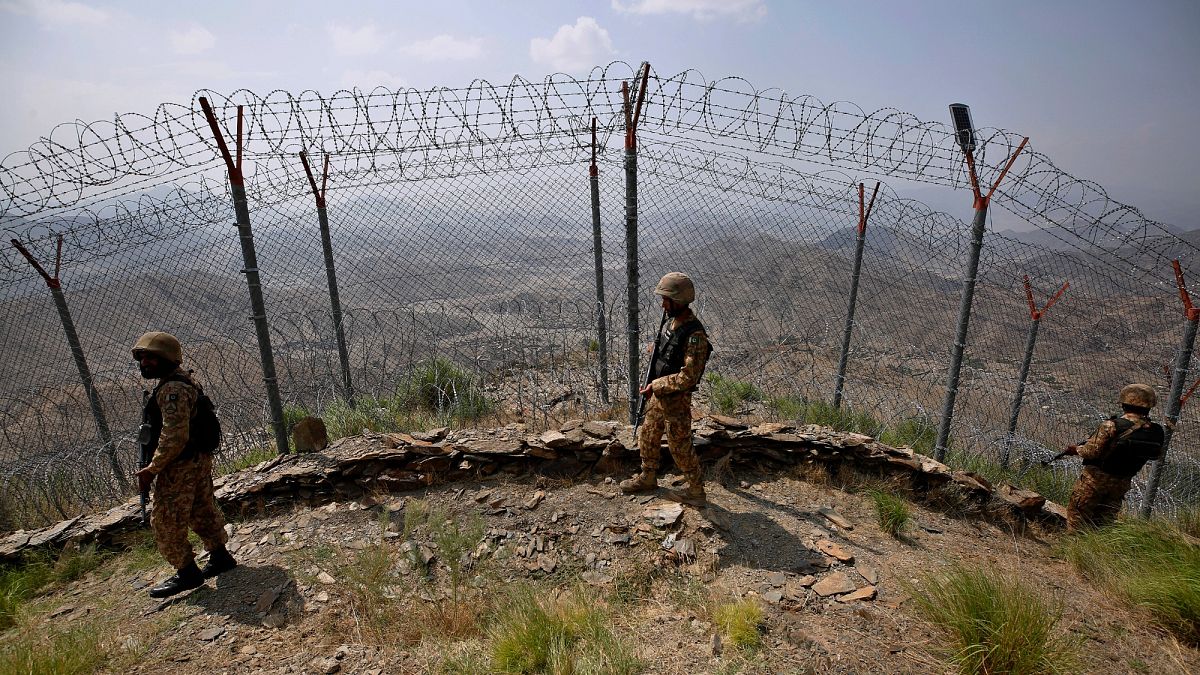

Recent developments in Pakistan and Ukraine have garnered global attention as both regions experience significant escalations in conflict. These occurrences underscore the ongoing geopolitical challenges facing these nations and the broader implications for regional and global stability.
In Pakistan, security forces engaged in a significant operation along the border shared with Afghanistan, leading to the deaths of 30 militants. This encounter marks a notable point in the surge of militant violence that has intensified in the region in recent months. The Pakistani Taliban, distinct from but closely allied with the Afghan Taliban, continues to be a primary force behind this trend. In response, Pakistani authorities remain vigilant, working to safeguard the nation’s borders against these incursions. The broader implications of these actions reflect ongoing concerns about security and stability within the region, as external forces attempt to exploit the complex dynamics between neighboring nations.
Turning to Ukraine, the nation is experiencing a substantial escalation in hostilities, as evidenced by a recent mass assault on its capital. This attack, deemed the largest aerial offensive since hostilities began, involved the deployment of over 550 drones and ballistic missiles overnight, striking several key locations. Ukrainian President Volodymyr Zelenskyy described this extensive seven-hour operation as a “deliberate act of terror,” linking it temporally to diplomatic interactions between Russia and recent international engagements. The intensity and scale of this attack highlight the ongoing challenges faced by Ukraine as it seeks to defend its sovereignty and protect its citizens amidst a protracted conflict.
Compounding the situation, reports have surfaced from European intelligence regarding the increased use of prohibited chemical weapons by Russian forces in Ukraine. Both Dutch and German agencies have expressed significant concern over the usage of agents like chloropicrin, urging further sanctions and increased support for Kyiv in the international community. The normalization of these banned armaments raises serious ethical and geopolitical questions, catalyzing calls for action from various global actors aiming to uphold international law and human rights standards.
The humanitarian implications of these military actions are profound. In Kyiv, at least 23 civilians have sustained injuries as a direct result of the recent aerial assaults. The resilience of the Ukrainian people remains evident in the face of adversities as they navigate these challenges daily. Solidarity and support from the international community continue to play a crucial role in providing much-needed assistance and relief to affected civilians while working towards broader diplomatic solutions.
These incidents in both Pakistan and Ukraine reflect the broader geopolitical tensions that persist worldwide. The actions undertaken within these nations underscore the complexities faced by sovereign states in safeguarding their territories and populations amidst multifaceted threats. As global actors, institutions, and agencies monitor these situations closely, the emphasis remains on fostering dialogue, ensuring regional stability, and upholding the principles of international cooperation and peace.
Source: {link}
